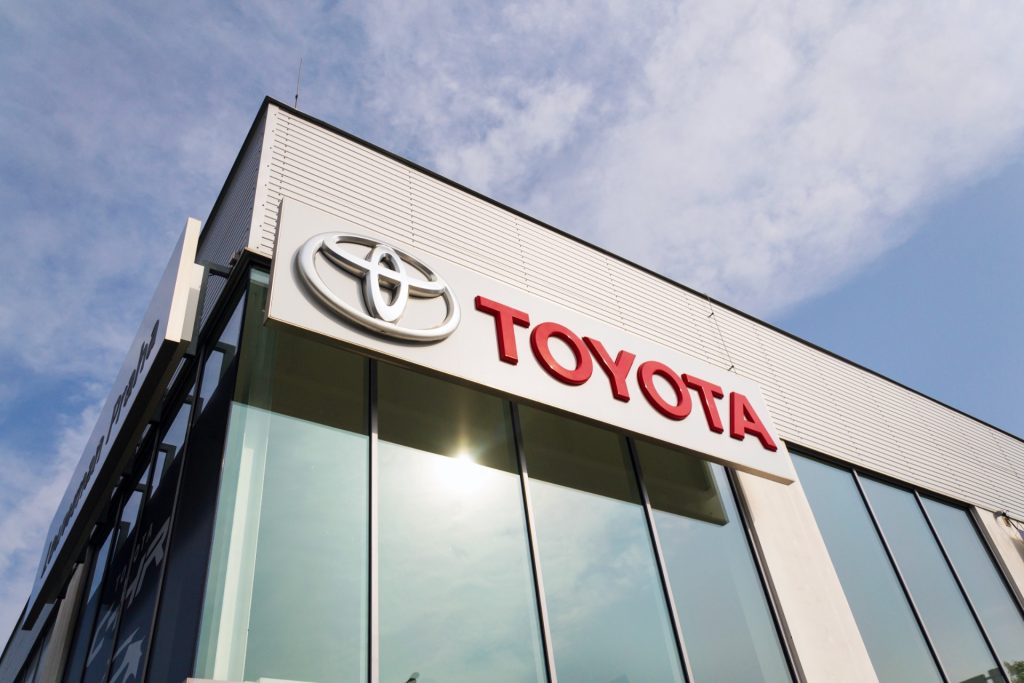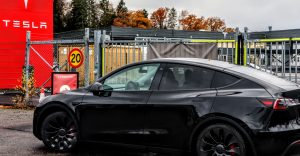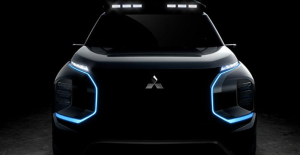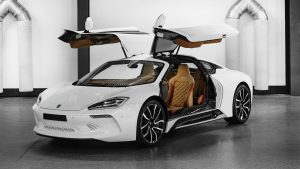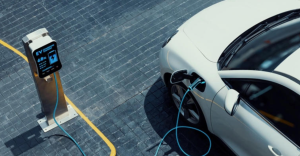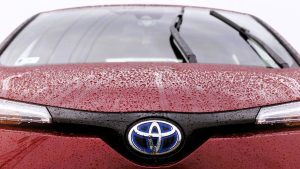Activists say car manufacturers are misleading consumers with confusing abbreviations—and they want them banned.
Others are reading now
A UK-based activist group, Electric Vehicles UK, is pushing for a ban on abbreviations like PHEV (Plug-in Hybrid Electric Vehicle) and HEV (Hybrid Electric Vehicle) in car model names. According to the group, such abbreviations are confusing and misleading for consumers.
The group has formally requested that the Advertising Standards Authority (ASA)—the UK’s advertising watchdog—prohibit car manufacturers from using acronyms and technical jargon in vehicle branding.
They argue that terms like “self-charging hybrid” give consumers a false impression, as the energy actually comes from the combustion engine rather than being generated for free.
According to Boosted, this debate is not new—in Norway, both Toyota and Lexus have already been banned from using the term “self-charging hybrid” in their marketing.
Also read
“A Literary Soup of Meaningless Acronyms”
Electric Vehicles UK claims that the overuse of abbreviations creates unnecessary confusion for drivers. They argue that a simpler, more transparent approach is needed to help consumers make informed decisions about their vehicle purchases.
One example they highlight is the use of “hybrid” to describe cars with mild hybrid technology. According to activists, this can mislead consumers into believing that these cars rely more on electricity than they actually do.
Studies have suggested that hybrid vehicles often emit more CO₂ than officially stated, but the primary reason for this appears to be driver habits.
Many plug-in hybrid owners either forget to charge their battery packs or intentionally leave them uncharged, meaning the cars run primarily on petrol rather than using their electric capabilities efficiently.
“Many consumers believe they are making an environmentally friendly choice when they buy a car with ‘hybrid’ in the name. But research shows that this is not always the case,” the group FairCharge UK told The Times.
Electric Vehicles UK hopes that government authorities will take their concerns seriously and implement a ban on the use of abbreviations in car names and model designations. They argue that clearer language will make it easier for consumers to understand what they are actually buying.

